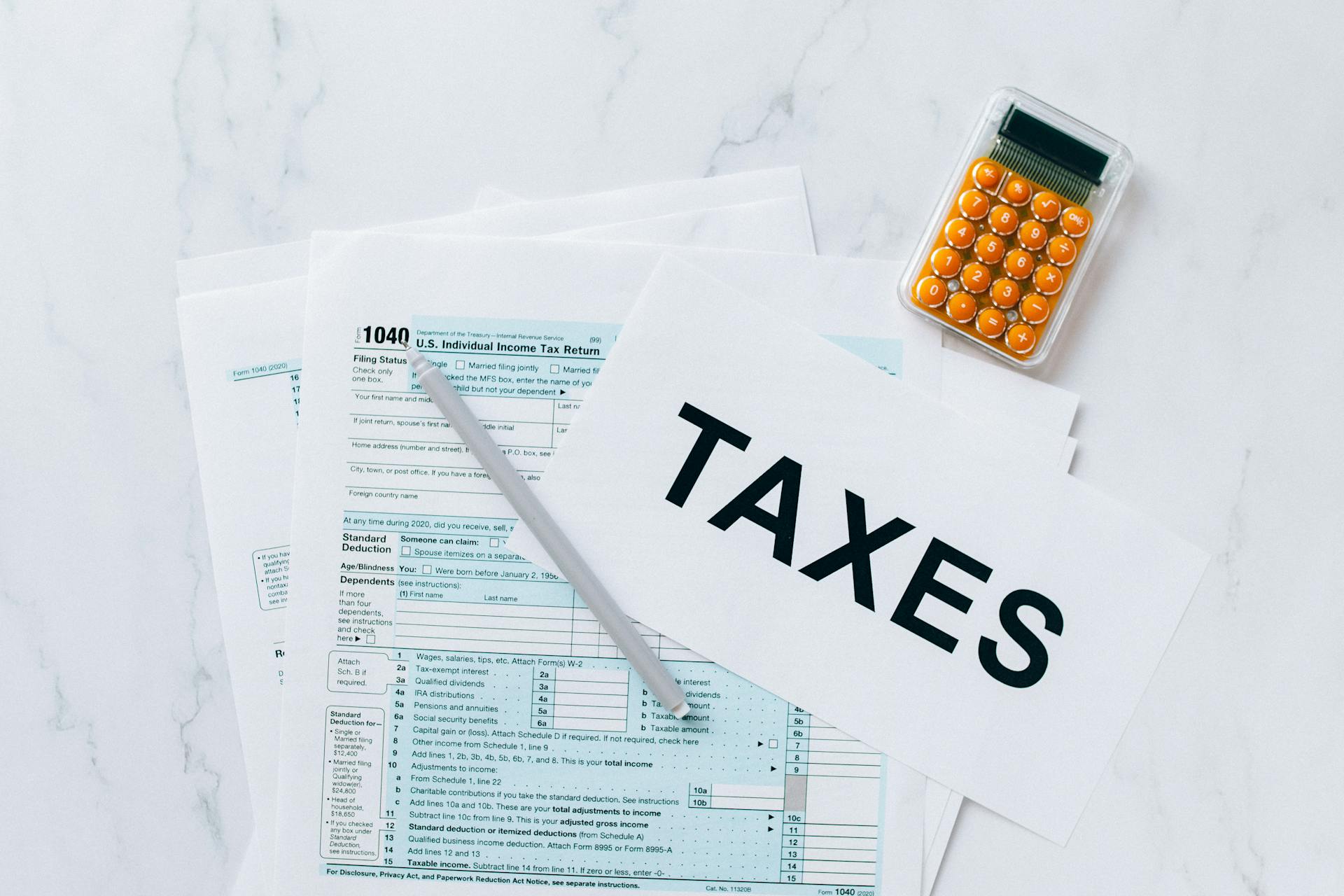
As the COVID-19 pandemic swept through the world, causing countless small businesses to close their doors and lay off employees, the United States government rolled out an extensive series of emergency stimulus packages aimed at helping these companies stay afloat. One of the key programs that proved particularly popular was the Paycheck Protection Program (PPP), which provided forgivable loans to eligible businesses with fewer than 500 employees. Since its launch on January 19, 2021, PPP has doled out over 5 million loans totaling more than $525 billion.
The good news for small business owners is that the majority of PPP loans are forgivable, meaning they don't need to be paid back—as long as certain criteria are met. Forgiven PPP loans can cover expenses like payroll costs, business mortgage interest payments, rent, and other forgivable expenses related to operations including HR and accounting. They can also extend to property damage caused by unrest in 2020, supplier costs essential to business operations, worker protection expenditures necessitated by COVID-19-related guidelines, and personal protective equipment needed to operate safely during the pandemic.
However, while loan forgiveness spells good news for small businesses struggling to stay afloat during uncertain times, there is one looming issue that cannot be ignored: taxes. Under the Coronavirus Aid Relief and Economic Security (CARES) Act of March 2020 tax guidance stated that forgiven PPP loans would not count as taxable income nor would associated expenses such as payroll be deductible. However, tax guidance changed with the passage of the Coronavirus Response and Relief Supplemental Appropriations Act (CRRSAA) in December 2020. The act clarified that forgiven PPP loans are indeed tax-free but did not address whether business expenses paid with those funds could be deducted on tax returns. As a result, answering business owners' burning questions about how taxes will affect their PPP loans has become a topic of close contact between many small business owners and their tax attorneys, who are working to provide complete up-to-date guidance.
Recommended read: Forgotten Tax Deductions Business Owners
Why You May Need to Pay Taxes on Your Forgiven PPP Loans

If you received money from a PPP loan, it's important to be aware that it may be considered income and therefore, taxable. While forgiven PPP loans were initially treated as completely tax-exempt, things have changed. In December 2020, Congress made some adjustments to the tax code, which could impact whether or not your forgiven PPP loan is taxable.
The good news is that if you used the funds for employee payroll costs or everyday business expenses, these expenses can still be deducted on your taxes. However, if you received a PPP loan and used the funds in any other way, you may need to pay taxes on the forgiven amount.
One example of this is the mysterious Maine farm that was revealed to have received a $1 million PPP loan despite only having one employee. If this farm were to have their loan forgiven without using it for eligible expenses, they would likely need to pay taxes on that $1 million as taxable income.
Check this out: 9 Airbnb Rental Tax Deductions
Boost Your Savings with Extra Tax Credit Programs!

As small businesses continue to navigate the impact of COVID-19, commerce points and PPP loans have become essential. However, simultaneously obtaining additional tax credits can significantly benefit program businesses in 2021 taxes. By taking advantage of tax credits such as the Employee Retention Tax Credit (ERTC), businesses can save on payroll expenses and increase their bottom line.
The Coronavirus Response Act (FFCRA) and CARES Act, enacted on March 27, 2020, offer a wide range of tax credits to eligible businesses. The ERTC is designed to give business owners up-to $5,000 per employee for deferred taxes from March 27, 2020, to December 31, 2020. Additionally, the ERTC allows eligible employers to receive a credit against employment taxes for up-to 50% of qualified wages paid from March 13, 2020, through December 31, 2021.
PPP loan recipients can also utilize tax credits such as the ERTC. ERTC businesses that received a PPP loan are still eligible for the credit; however, they cannot use payroll expenses covered by the PPP loan towards calculating the credit amount. Nevertheless, taking advantage of these tax credit programs can help boost your savings and give your business an extra edge during these challenging times.
See what others are reading: Credit Card Surcharging Heres
I Live on a Cruise Ship for Half of the Year. Look Inside My 336-Square-Foot Cabin with Wraparound Balcony.

If you're someone like Christine Kesteloo, who lives on a cruise ship for half of the year, then you might be wondering about how taxes work. While it's true that living on a cruise ship may seem like an exotic and exciting lifestyle, it's essential to keep in mind that taxes still need to be paid.
Christine Kesteloo's 336-square-foot cabin with wraparound balcony may seem small, but it doesn't exempt her from paying taxes. As a U.S. citizen or resident alien, you are required to report your worldwide income on your tax return, even if you live on a cruise ship for half of the year. This means that any money earned from working onboard the cruise ship or from other sources must be reported and taxed accordingly. So, while living on a cruise ship may provide an escape from everyday life for half of the year, it doesn't mean that you can escape paying taxes!
Explore further: Multi Year Guaranteed Annuities
American Airlines Sued After Teen Dies of Heart Attack Onboard Flight to Miami
American Airlines is facing a lawsuit after a teenage passenger died of cardiac arrest aboard AA Flight 614 to Miami on June 4, 2022. The passenger, Kevin Greenridge, was only 16 years old when he suddenly became unconscious mid-flight. Despite the efforts of the flight crew to revive him, Greenridge tragically passed away onboard the plane.
The lawsuit has been filed by Emily Rella, who was traveling with Greenridge at the time of his death. Rella claims that American Airlines failed to adequately respond to Greenridge's medical emergency and provide him with proper care. This tragic incident serves as a reminder of the importance of paying taxes and ensuring that our tax dollars are being used to support essential public services, such as emergency medical care and transportation infrastructure.
Free Event | March 30: Solopreneur Office Hours with Terry Rice
Looking for some advice on how to pay taxes as a solopreneur? Look no further than Terry Rice's Solopreneur Office Hours, taking place on March 30th. As an expert in the field, Terry will be available to answer your most pressing questions about tax preparation for your one-person business.
This free event is a great opportunity to gain valuable insights from someone who has successfully navigated the ins and outs of paying taxes as a solopreneur. To join, simply register online and you'll be sent the link to join the virtual event. Don't miss out on this chance to learn from Terry Rice and feel more confident in handling your tax responsibilities as a solopreneur!
Discover more: Tax Rules
A Guy Is Using ChatGPT to Turn $100 Into a Business Making as Much Money as Possible. Here Are the First 4 Steps the AI Chatbot Gave Him.
Jacob Zinkula is a guy who has been using ChatGPT to turn $100 into a successful business. He's been following the first four steps that the AI chatbot gave him, which includes setting up his business structure, registering for taxes, creating a website, and developing a marketing plan. However, one important step that he cannot forget is paying taxes.
According to Aaron Mok, founder of Chief Tax Officer, paying taxes is crucial for any business owner. It's important to keep track of all expenses and revenue to accurately report to the government. Failure to do so can lead to penalties and fines. While it may seem daunting at first, there are resources available such as hiring a tax professional or utilizing tax software to make the process easier. As Jacob continues on his journey towards success, he must remember the importance of paying taxes in order to avoid any legal troubles down the road.
Frequently Asked Questions
What is the minimum monthly payment for an IRS installment plan?
The minimum monthly payment for an IRS installment plan is determined by the total amount owed and your ability to pay. It can be as low as $25 or as high as the full amount owed divided by 72 months.
Which states are taxing forgiven PPP loans?
As of now, only a few states including California and Colorado are taxing forgiven PPP loans. However, this is subject to change as tax laws vary by state and may be updated in the future.
Can I make IRS quarterly payments online?
Yes, you can make IRS quarterly payments online using the Electronic Federal Tax Payment System (EFTPS). This secure system allows taxpayers to make payments easily and conveniently from their computer or mobile device.
Is the amount forgiven from PPP loan taxable?
Yes, the amount forgiven from PPP loan is taxable income, but there are some exceptions and deductions available. It is important to consult with a tax professional for guidance on reporting PPP loan forgiveness on your tax return.
How do you make estimated tax payments?
To make estimated tax payments, you can use IRS Direct Pay or Electronic Federal Tax Payment System (EFTPS), mail a check or money order with Form 1040-ES, or pay online through the IRS website. It's important to estimate your tax liability accurately and make payments on time to avoid penalties and interest.
Featured Images: pexels.com


